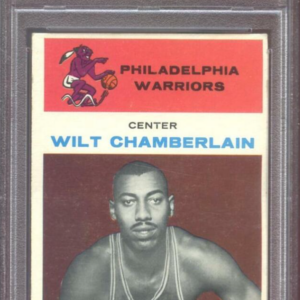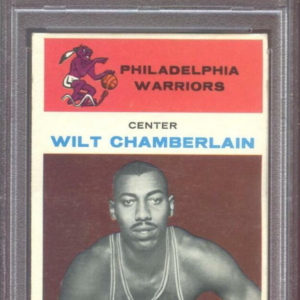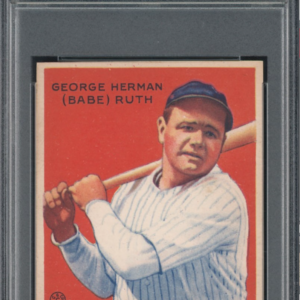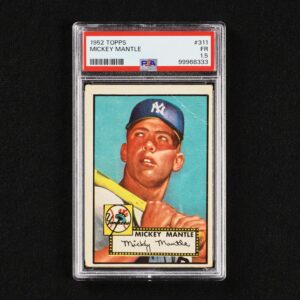Facing the gavel of justice, a copyright infringement case against Netflix and Goldin Auctions was met with dismissal, as the sweeping arm of a federal judge beckoned a verdict in favor of the behemoth online streaming platform and the celebrated auction company.
Caught in the suit’s crossfire, Gervase Peterson, an ex-contestant from the indomitable reality show, “Survivor,” found himself swashed onto the unwelcome shore of dismissed allegations. It was Peterson who initially lodged the claim, saying he had presented a concept strikingly similar to “King of Collectibles” to Ken Goldin of Goldin Auctions in the year of 2019. Peterson claimed an uncredited paternity to an idea he had christened “The Goldin Boys”—an idea which evolved into a reality show under Wheelhouse Entertainment’s creative conservatorship and was later re-homed to Netflix, sans any of Peterson’s input.
Peterson, peering into the depths of his grievance, marked a cavalcade of similarities between his story pitch and the reality show, which just debuted its sophomore season on Netflix. However, the defendants contended that the show – a voyeuristic window into the innards of Goldin Auctions and the personal life of its founder, Ken Goldin – was merely built on generic ideas, hardly worth the parchment of the Copyright Act.
Weighing into the legal bout with the gravitas of her office, Judge Christine O’Hearn of the New Jersey federal district court echoed the defense’s theory. She clarified that the elements Peterson so valiantly sought to protect were nothing more than mere scènes à faire—an intriguing legal maxim that revolves around scenes or themes too generic, too common to the genre, and thus unworthy of individual copyright protection. Immersed in reality television, such commonplace aspects—even the mundanity of daily business operations portrayed in “King of Collectibles”—easily fall prey to this category.
Sifting through the labyrinth of legal lore, Judge O’Hearn asserted that authentic subjects and elements commonly found in reality television were typically deemed as creatively negligent and not subject to copyright protection. This statement rings true in previous legal rulings across a spectrum of similar cases. By dismissing Peterson’s copyright infringement suit, the judge reaffirmed the complexity of copyrighting broad, often repetitive themes that constitute the trope-laden world of reality television.
Despite the legal wrangle, “King of Collectibles” not only repelled the lawsuit but has also etched its name in the annals of entertainment glory. The show has jumped over the barricades of shitstorms to secure a nomination for the coveted Emmy award—a testament that reality, often, is stranger, and perhaps even more triumphant, than a pitched script on Netflix’s corporate deck.






